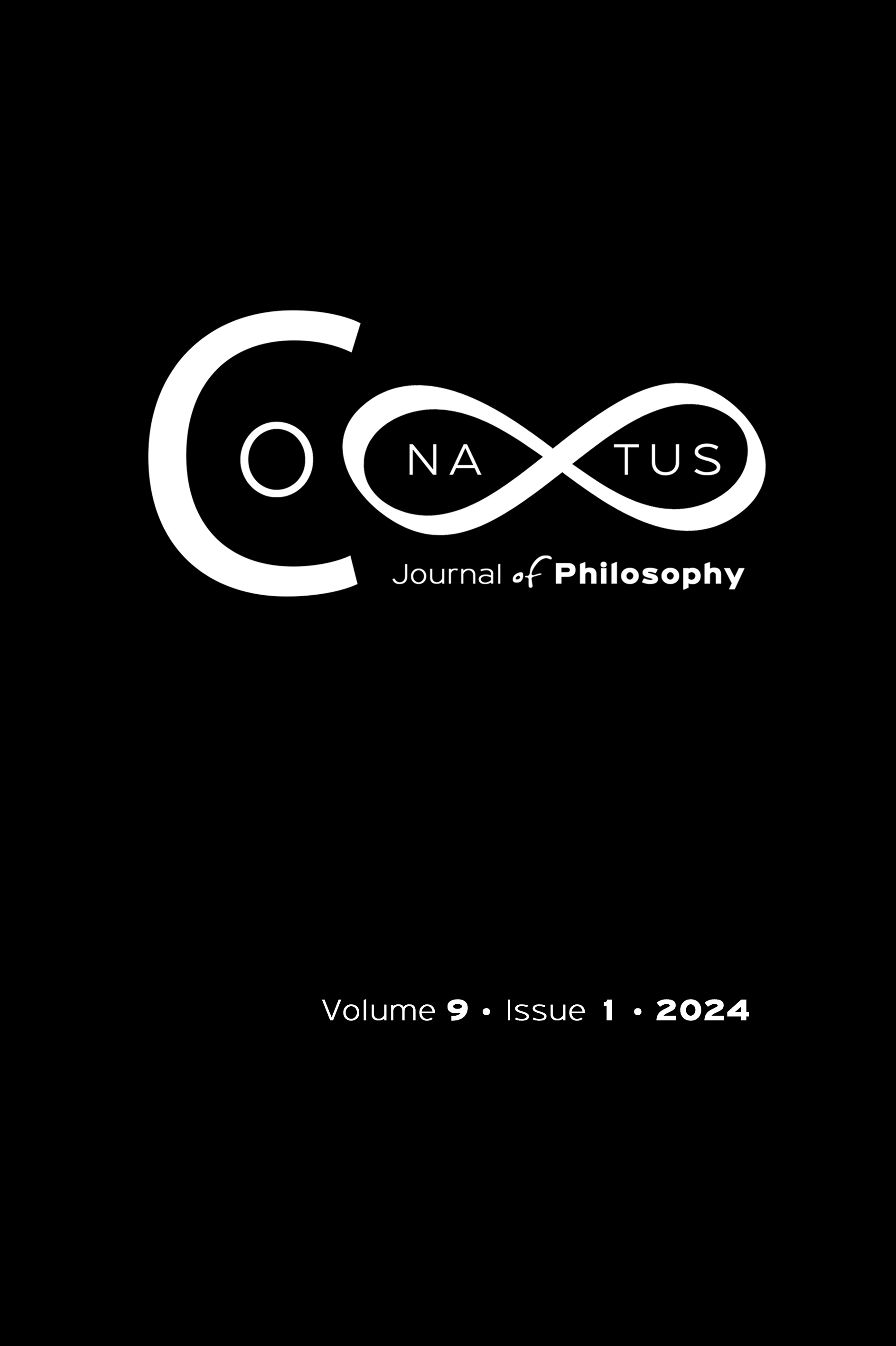Can Narratoscepticism Be a Valid Alternative? A Critique of Strawson’s Episodicity Argument
Abstract
This paper argues against Galen Strawson’s criticism of the narrativist identity thesis. Strawson points out that the narrativist thesis fails to portray those with an episodic perception of themselves. I claim that episodicity is rather problematic and that we should question the validity of this notion. The first step in this goal is to decipher Strawson’s basis of the self which is an amalgam between the cultural and social and is perceived differently by different people. Afterwards, I will try to use the claims derived from Strawson’s basis and apply the critique of his method. I pose a question about the relationship between episodic and diachronic and, ultimately, argue that both culturally and biologically, assuming the diachronic aspect of the self is necessary, apart from the very small number of cases. In this sense, the main conclusion is that Strawson’s thesis is limiting but does not pose a valid alternative to the narrativist identity thesis.
Article Details
- Zitationsvorschlag
-
Lukić, V. (2024). Can Narratoscepticism Be a Valid Alternative? A Critique of Strawson’s Episodicity Argument. Conatus - Journal of Philosophy, 9(1), 73–87. https://doi.org/10.12681/cjp.31509
- Rubrik
- Articles

Dieses Werk steht unter der Lizenz Creative Commons Namensnennung - Nicht-kommerziell 4.0 International.
Authors who publish with this journal agree to the following terms:
Authors retain copyright and grant the journal right of first publication with the work simultaneously licensed under a Creative Commons Attribution Non-Commercial International License (CC BY-NC 4.0) that allows others to share the work with an acknowledgement of the work's authorship and initial publication in this journal.
Authors are able to enter into separate, additional contractual arrangements for the non-exclusive distribution of the journal's published version of the work (e.g. post it to an institutional repository or publish it in a book), with an acknowledgement of its initial publication in this journal.
Authors are permitted and encouraged to post their work online (preferably in institutional repositories or on their website) prior to and during the submission process, as it can lead to productive exchanges, as well as earlier and greater citation of published work.






